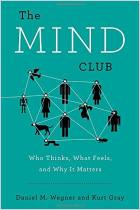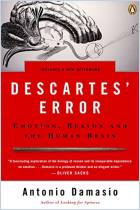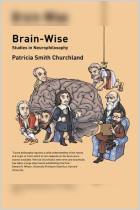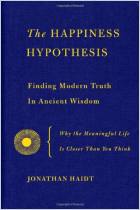Recommendation
Daniel M. Wegner’s book is a lucid, entertaining exploration of one of the most important issues in philosophy and psychology: the existence of will. Extreme determinists contend that people are mechanisms programmed to do what they do and that any notion of freedom or choice is merely illusory. Their antagonists, the proponents of free will, say that people consciously freely choose to act (at least some of the time). Wegner falls into the former camp. Conscious will, he says, is an illusion. But in a wide-ranging ramble that touches on law and the courts, spirit possession, hypnotism, neuroscience, phantom limbs and Ouija boards among other things, he builds a strong anecdotal case that this illusion is essential to being human. The book is curiously desultory, now citing some experiment on the brain in deadly earnest academic language, and then tossing off a flip remark about a popular stage magician or an apparently very clever horse. getAbstract.com finds it both entertaining and elucidating, although it may not always rise to the most demanding standards of philosophical evidence and argument.
Summary
About the Author
Daniel M. Wegner is a professor of psychology at Harvard University.



















Comment on this summary or Start Discussion